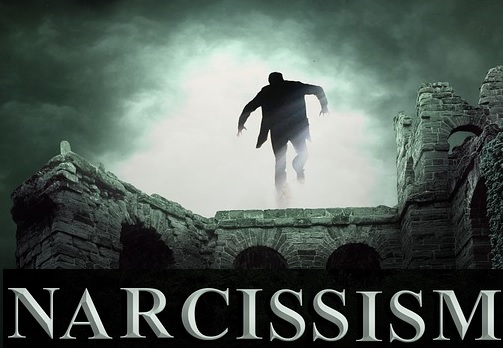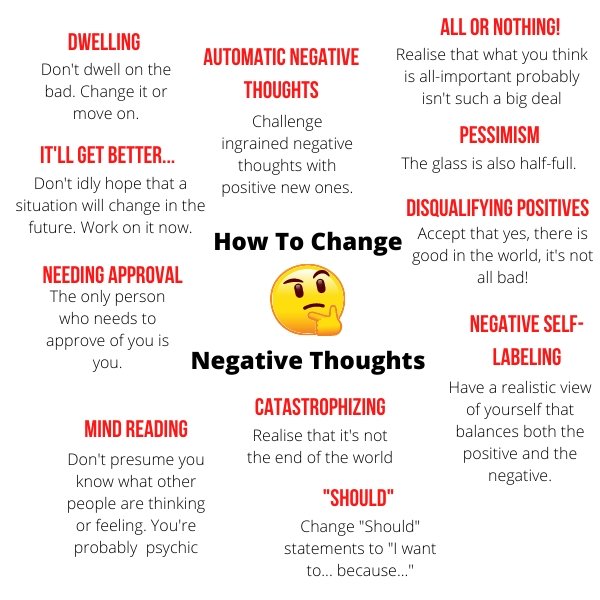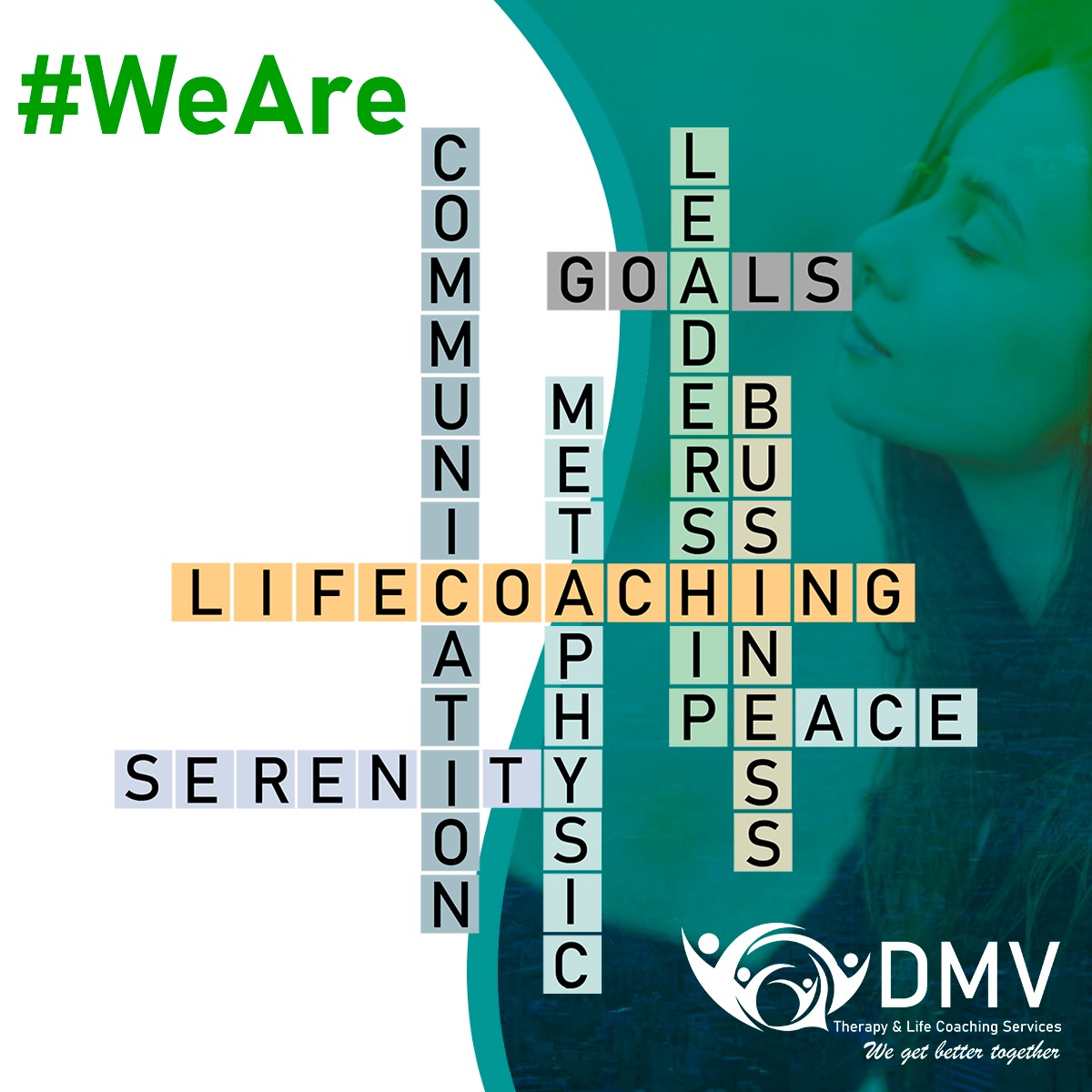
Can premarital counseling contribute to lowering the likelihood of divorce? Is marriage counseling truly effective, or is it a futile investment of time and money? These are the key subjects we aim to explore and discuss.

Premarital counseling has shown to be a valuable and effective tool in contributing to the reduction of the likelihood of divorce. This form of counseling is designed to provide couples with the necessary skills, insights, and communication strategies to navigate the challenges that may arise in a marriage.
One of the primary benefits of premarital counseling is that it allows couples to address potential issues before they become major problems. By exploring topics such as communication styles, conflict resolution, and expectations, couples can gain a deeper understanding of each other’s perspectives and develop healthier ways to manage disagreements. This proactive approach sets a strong foundation for a resilient and enduring marriage.
Furthermore, premarital counseling often includes discussions about core values, goals, and beliefs. Aligning these fundamental aspects of a relationship can help couples build a shared vision for their future, fostering a sense of unity and purpose. By addressing potential areas of disagreement early on, couples are better equipped to make informed decisions and navigate challenges as a team.
Premarital counseling, while beneficial for many couples, may present challenges to many others. Some couples may encounter resistance or a lack of commitment, hindering the effectiveness of the sessions. Unrealistic expectations, potential mismatches with cultural or religious beliefs, and financial strain can also be drawbacks. Additionally, limited effectiveness for deep-seated issues, time constraints, and mismatch with the counselor can impact the overall experience. While these cons exist, addressing them through open communication and selecting a counseling approach that aligns with the couple’s needs can help navigate potential challenges.
Moreover, if pre-marital sessions focus on the negative aspects, the couple might perceive a lack of potential in their relationship and opt to end it prematurely. This, in turn, could jeopardize the possibility of a union if the couple invests effort in fostering a healthy relationship. Since no marriage counselor possesses a crystal ball to predict the unknown future of a couple’s marital success, determining its validity may necessitate additional pre-marital counseling sessions to narrow down the core of the issues that may surface down the road.
On the other hand, post marriage counseling, while often sought in response to existing challenges, can also be effective in improving the overall health of a marriage. It provides a safe and structured environment for couples to explore and address issues that may be causing distress. Through guided conversations, couples can gain insights into the root causes of their problems and work collaboratively to find solutions.
The effectiveness of marriage counseling largely depends on the willingness and commitment of both partners to actively participate and engage in the process. When approached with an open mind and a genuine desire for positive change, marriage counseling can be a transformative experience.
While there may be instances where counseling does not yield the desired outcomes, labeling it as a futile investment may oversimplify the complexities of relationships. The success of counseling often hinges on the effort invested by both partners, the skill of the counselor, and the specific challenges being addressed. It’s crucial to note that the client of the counselor is the relationship itself, not the individuals within it. The counselor focuses on addressing and working with the dynamics of the relationship, rather than solely on the man and woman involved in that relationship.
Post-marital counseling, while valuable for many couples, may have drawbacks. Some couples might face challenges such as resistance or a lack of commitment, hindering the effectiveness of the sessions. Unrealistic expectations, potential mismatches with cultural or religious beliefs, and financial strain can also be drawbacks. Additionally, limited effectiveness for deep-seated issues, time constraints, and a mismatch with the counselor can impact the overall experience. Despite these cons, addressing them through open communication and selecting a counseling approach that aligns with the couple’s needs can help navigate potential challenges.
In conclusion, premarital counseling can be instrumental in reducing the likelihood of divorce by equipping couples with the tools needed to navigate the complexities of married life. Marriage counseling, when approached with commitment and openness, can also be effective in addressing existing issues and fostering a healthier, more resilient relationship. Rather than viewing these forms of counseling as a waste of time and money, it’s essential to recognize their potential to contribute positively to the longevity and well-being of a marriage.


Numerous strategies to cope with ongoing gaslighting from loved ones and those you care about when facing constant emotional manipulation and distortion of reality.

Experiencing gaslighting from someone you care about can be profoundly distressing for several reasons. It involves a breach of trust, where the person intentionally distorts reality and manipulates your perceptions, causing significant emotional pain, particularly when it originates from someone you trust. Gaslighting employs tactics like denial and blame-shifting, resulting in confusion, self-doubt, and emotional upheaval. The continuous dismissal and questioning of your reality can gradually erode your self-esteem and confidence, impacting your overall sense of self-worth.
This manipulation may also lead to isolation, as the gaslighter aims to discredit your relationships and foster dependence, creating obstacles to seeking support. Classified as a form of psychological abuse, gaslighting contributes to anxiety, depression, and symptoms resembling post-traumatic stress disorder (PTSD). It involves a loss of autonomy, with the gaslighter exerting control over your thoughts and actions, fostering a profound sense of powerlessness. The resulting trauma extends beyond the specific relationship, affecting other connections and complicating issues of trust and open communication.
Victims may find it challenging to recognize the abuse or seek help due to the gaslighter’s undermining tactics (primarily someone who may have NPD), prolonging the trauma and impeding the process of liberating oneself from the abusive dynamic.
Dealing with ongoing gaslighting from loved ones requires employing various strategies to navigate emotional manipulation and reality distortion. Here are several approaches to consider:
- Self-awareness: Recognize and trust your feelings and perceptions. Maintain confidence in your own reality and resist doubting yourself.
- Set Boundaries: Establish clear boundaries with those who engage in gaslighting. Clearly communicate unacceptable behavior and enforce consequences if necessary.
- Seek Support: Reach out to friends, family, or a therapist for support. Share experiences and feelings with someone you trust to gain perspective and validation.
- Document Incidents: Keep a record of gaslighting incidents, noting dates, times, and specific behaviors. This documentation can serve as a reference point and validation.
- Educate Yourself: Learn about gaslighting and manipulation tactics. Understanding these behaviors can empower you to recognize and resist them.
- Maintain Independence: Cultivate a strong sense of self and independence. Nurture interests, friendships, and activities outside of the gaslighting dynamic.
- Practice Self-Care: Prioritize self-care activities to maintain emotional well-being. Engage in activities that bring comfort, relaxation, and joy.
- Assertiveness: Practice assertiveness in communication. Clearly express feelings and concerns without compromising your truth.
- Professional Help: Consider seeking therapy to navigate emotional challenges and develop coping strategies.
- Limit Contact: If necessary, distance yourself from individuals consistently engaging in gaslighting. Create a protective space for mental and emotional health.
Keep in mind that every situation is distinct, and these strategies may require adjustments to fit particular circumstances. If you are in an abusive relationship, it’s essential to seek professional help for your well-being. Always seek assistance from experts who comprehend these challenges, especially when dealing with personality disorders associated with Narcissistic behavior.


Taking self-criticism to the extreme: Strategies on how to exit this loop of negative self-thinking
Most psychologists would agree with this statement: “We are our own worst self-critic”. Thich Nhat Hanh shared a beautiful quote: “To be beautiful means to be yourself. You don’t need to be accepted by others. You need to accept yourself”
This quote highlights the significance of setting high standards and pursuing personal growth by accepting oneself without relying on validation from others. However, it cautions against self-imposed expectations that result in self-criticism and negative self-talk. It emphasizes how many individuals carry regrets and unfulfilled aspirations due to feelings of un-worthiness or un-deservingness.
Our internal dialogue often tends to be more critical compared to how we communicate with others. This pattern of negative self-talk can be incredibly damaging, often more than we realize. The issue lies in the fact that we have become so accustomed to this negative inner dialogue that we are not even conscious of it. Despite our lack of awareness, our mental and physical well-being are still affected by this harmful self-talk.
The aim of avoiding self-criticism is to learn to value oneself based on personal beliefs rather than seeking external validation. Breaking free from a shame-based self-image and the need for self-criticism and hateful self-talk becomes crucial in order to avoid falling into depression, which can hinder progress and success. There are several strategies for silencing the inner critic and breaking free from this cycle of detrimental thoughts that restrict belief in one’s own potential for success. The ultimate goal is to develop self-approval, self-love, positive relationships, and a sense of self-worth.

Strategy 1: What are your authentic wants and desires? What activities, passions, goals, needs, and wishes truly resonate with you? Take the time to identify and make a list of these, and honestly evaluate whether pursuing them would genuinely bring you a sense of fulfillment and joy.

Strategy 2: Practice mindfulness by observing your actions, reactions, and how others respond to you without passing judgment. Embrace self-acceptance and refrain from labeling yourself negatively. Deliberately cultivate positive emotions to break free from the habit of labeling yourself based on feelings of shame.

Strategy 3: Reduce self-criticism by acknowledging that making mistakes is a normal part of being human and doesn’t diminish your worth or intelligence. Develop a more objective perspective on your abilities and actions through self-compassion. Actively nurture positive emotions and gradually increase self-approval.

Strategy 4: Pay attention to your internal dialogue and be mindful of the language you use, as language holds significant power. Your internal dialogue is a reflection of your beliefs about reality. Monitor and consciously observe how you speak to yourself because your mind is receptive. If you wish to change your emotional state, simply reframe your thoughts and say, “I won’t allow these feeling of negative self-talk” or “I choose to only accept positive affirmation to enter my mind.” By doing so, you empower yourself to take control of your emotions.

Strategy 5: involve identifying your disappointments by understanding where they come from, examining the expectations that have led to those disappointments (whether self-imposed or from others), and evaluating if those expectations are truly valid. (obviously the image listed above is just a sarcastic narrative to what severe disappointment may mean to some people)
There is no magic solution to completely reverse the feelings of self-criticism and ongoing self-inflicted torment we subject ourselves to. Through constant comparisons with others on social media, we intensify this process, leading to heightened levels of anxiety and depression. We consciously allow this to happen, and we cannot blame anyone else but ourselves for permitting it. While it is true that some individuals have to deal with negative and toxic coworkers or family members who constantly belittle them, most of the time we inflict these hardships upon ourselves. It is important to initiate changes today to prevent long-term mental harm that can hinder our success and undermine our well-being.
Learn More
There is many types of coaching, including Life, business, fitness and retirement. So why are many seeking life coaches nowadays?
We may all face adversities in life, which may be anything such as losing jobs, friendship, relationship and everything else that can bring sense of anxiety or depression in your life. No matter what you are facing at this moment, it can be increasingly difficult to follow through with your dreams and goals when everything seems to be blurry and confusing. The key to move forward is to be open minded, accepting changes and seeking professional help. When dealing with mental illness, a psychotherapist can be of help through the process of managing your symptoms. No matter what you need, a life coach can provide the help you so desire.
Below are some of the many tools a life coach can provide you throughout your journey to success:

1.Assists people in becoming more completely connected human beings.
Life coaches must be as complex as humans in order to do our duties.We’re here to help individuals discover who they are, what their greater mission is, and how to live more joyfully, passionately, connectedly, and intentionally. In respect to the coaching process, I frequently mention social justice campaigners Grace Lee and Jimmy Boggs since the ultimate goal is the same: “becoming more human beings.” As a coach, I assist people in connecting with all of the aspects of themselves that define them as human. It is important to understand everyone triggers as to what make them respond a certain way but by understand them better, we can come up with the right solution.
Meeting, listening to, and developing their real voice, as well as integrating these many elements of who they are.Allows individuals to show up in their personal and professional life with more confidence and clarity, respond and communicate in more line with their complete self, and experience the freedom to be who they have always been but have been hidden to them in some manner due to society, trauma, or old patterns. We peel aside those masks layer by layer until they reveal their true selves.
________________________________________________________________________

2. Has the capacity to tolerate criticism and a desire to learn
Are you curious about what defines a life coach?As I began my quest to become a career and life coach, I had the chance to learn how to transcend the client’s judgment.
A life coach must be able to meet the client where they are and acknowledge that each person’s path is unique. Life coaches may work with people at many phases of their professions and lives.
The most effective life coaches understand that each individual they encounter teaches them something new about coaching. Life coach must wear many hats, and sometimes, just like me being a psychotherapist, i need to make the distinction as to when i must advise my clients by using the proper hat during my session, one of a life coach, or the other as a psychotherapist.
________________________________________________________________________

________________________________________________________________________

As clients work toward their objectives, they will certainly face problems, which coaches will assist them manage by providing direction, support, and accountability.


Life coaches help people attain more fulfillment in their lives by assisting them in making progress in their personal or professional lives.
________________________________________________________________________

________________________________________________________________________

Life coaching is a one-on-one appointment with a certified coach who can help you make positive changes in your life.

9. Assists you in regaining and renewing your life.
College internships and early career programs assist young people in making the transition from adolescents to emerging adults. Nonetheless, many midlife professionals feel caught in the status quo, never attaining their full potential. Because there is no route plan for those of us who have spent decades working, raising kids, and juggling other obligations. There is no clear road from what came before to what comes after. What brought you to your present level of success might, paradoxically, keep you from reaching your next. A Life Coach may help you recover and regenerate your life, from success to significance, to assist you go to your next chapter. But you can’t wait for us to be ready. “Ready” will never arrive.

A life coach is an expert who provides people with guidance, support, and accountability in order to help them accomplish their personal and professional objectives. A life coach works with clients one-on-one to identify areas of their lives where they want to make changes, set realistic goals, and build a plan to get there. Life coaching may include a wide range of topics, including but not limited to: Career advancement: A life coach may help clients identify their strengths and passions, create career goals, and design a plan to get there. Personal development:
